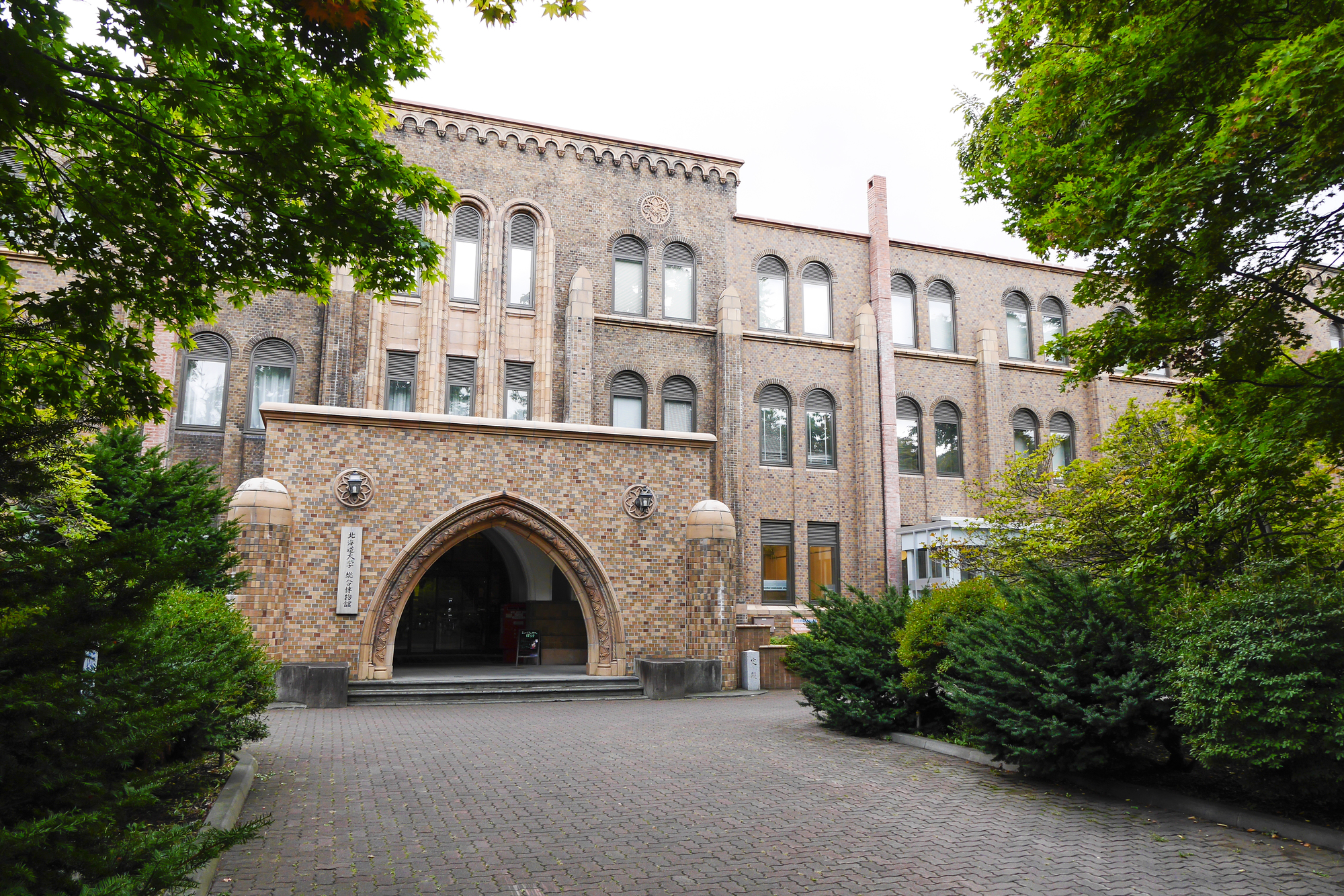A research group led by Professor Tetsuya Ishii of Hokkaido University tackled the problem of misjudging genome-editing organisms with foreign DNA as not genetically modified, and found a more reliable non-recombinant proof method.
In the agricultural field, breeding of animals and plants using gene modification technology and genome editing is progressing rapidly.At least seven countries, including Japan, will not regulate genetically modified organisms if the operator proves that the genome-edited agricultural product does not have foreign DNA.However, in 7, there was a problem in the United States where genome-edited hornless cattle were misidentified as non-recombinant by Brazilian regulators overlooking foreign DNA.At present, there is no agreement on measures to prove that genome-edited plants and animals are free of foreign DNA.
The research group analyzed in detail the papers in which unintended gene integration occurred in genome editing and cases in which foreign regulatory authorities mistakenly determined that genome editing animals were not recombinant.As a result, in order to prove that foreign DNA does not exist in genome editing agricultural products, first carefully check whether foreign nucleic acids (DNA and RNA) are contained in (3) genome editing reagents and (XNUMX) cell culture media.If it is included, it was concluded that (XNUMX) it is appropriate to prove the three sites at risk of integration in the genome with analytical data obtained by multiple DNA analysis methods with different principles, in addition to DNA sequencing of the target site.
On the other hand, if the regulatory authorities uniformly demand a measure to prove the absence of foreign DNA, it will put a considerable burden on all businesses.If there is a social consensus through dialogue, it is possible that this measure to prove the absence of foreign DNA will be relaxed and enforced, or that it will not be applied to specific agricultural products.It is expected that the recommendations based on this research will contribute to the establishment of a risk assessment system for genome-edited agricultural products and the formation of consensus in Japan.
Paper information:[Trends in Biotechnology] Proving that a Genome-edited Organism Is not GMO

